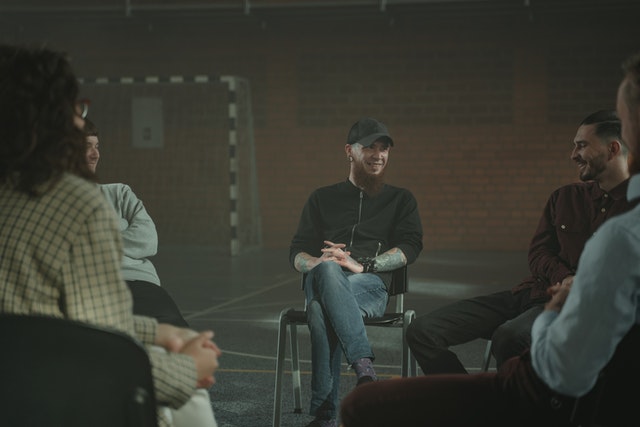When it comes to addiction, there is a lot of shame and guilt that comes along with it. Many people feel like they are the only ones struggling, and that they have to deal with their addictions on their own. This isn’t true. There are many ways to get help for your addictions, and you don’t have to go through it alone.
1. Reach Out to a Friend or Family Member
When we’re going through tough times, it’s essential to reach out to your friends and family members for support. However, sometimes the people closest to us are the ones we feel most uncomfortable talking to about our struggles. That’s why a sober coach online or in-person can be so important for one’s recovery.
Sober coaches provide an unbiased, outside perspective that can be invaluable when we’re trying to make changes in our lives. In addition, sober coaches are often adept at helping us identify and overcome the challenges we’re facing.
2. Attend a Support Group
Support groups can be an essential part of your recovery from addiction. In a support group, you will share your experiences with others going through similar struggles. This can be a powerful way to learn from others and to gain strength and hope.
Support groups provide a safe and supportive environment to share your experiences and learn from others going through similar struggles. If you are struggling with addiction, consider attending a support group. It could be an essential step on your journey to recovery.
3. See a Therapist
Addiction is a complex issue, and many factors can contribute to developing an addiction. However, one of the most important factors in overcoming addiction is having support from others. This is where therapy can be beneficial.
In therapy, you will have the opportunity to talk about your addiction with someone unbiased and nonjudgmental. They can help you to understand the root cause of your addiction and develop a recovery plan.
Additionally, they can provide you with the support and encouragement you need to stay on track with your recovery. Therapy can be a vital step in overcoming addiction and should not be overlooked.
There are many benefits to seeing a therapist when struggling with an addiction. A therapist can provide support and guidance as you navigate recovery challenges. In addition, therapy can provide a safe and confidential space to share your thoughts and feelings without judgment.
This can be vital for sparking self-reflection and growth. Ultimately, therapy can offer invaluable tools and insights that can help you to achieve lasting sobriety.
4. Call a Helpline
Calling a helpline can help you learn about your addiction and start on the road to recovery. By talking to someone who is trained to understand addiction, you can get a better sense of what you’re dealing with and how to best overcome it. Helplines can also provide referrals to treatment facilities and support groups, giving you the resources you need to make a change.
In addition, simply knowing that there is someone who cares and wants to help can be invaluable when you’re struggling with addiction. When faced with addiction challenges, reach out for help by calling a helpline. It could be the first step on your journey to recovery.
5. Get Involved in Community Service
Addiction is a chronic disease that can cause significant problems in a person’s life. It can damage relationships, lead to financial instability, and cause health problems. However, addiction is also a treatable disease. One important step in the treatment of addiction is community service.
Community service can help people in recovery connect with others who have similar experiences. It can also provide a sense of purpose and help people develop new skills.
In addition, community service can help people in recovery stay sober by providing them with a positive outlet for their time and energy. As a result, community service can be an important part of addiction treatment. If you or a loved one is struggling with addiction, know that there is help available.
Closing Thoughts
There are many non-invasive ways to ask for help, and we hope that this article has given you some ideas about where to start. Addiction can be difficult to overcome, but it is possible with the right support system in place. We wish you all the best on your journey to recovery.
By Samantha Higgins
Samantha Higgins is a professional writer with a passion for research, observation, and innovation. She is nurturing a growing family of twin boys in Portland, Oregon with her husband. She loves kayaking and reading creative non-fiction.
Article for mahevashmuses.com








